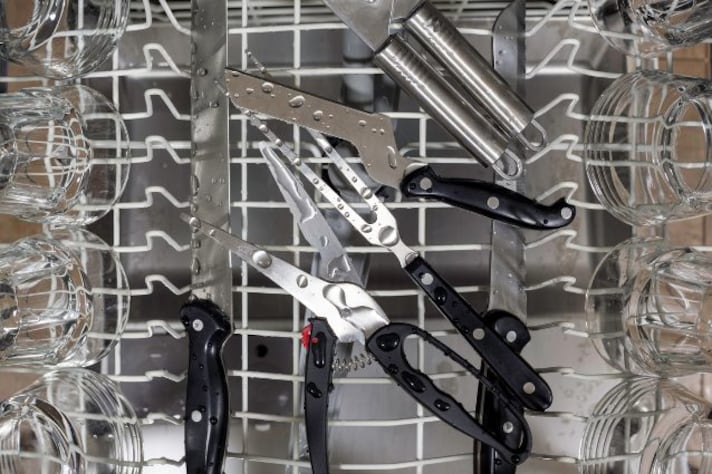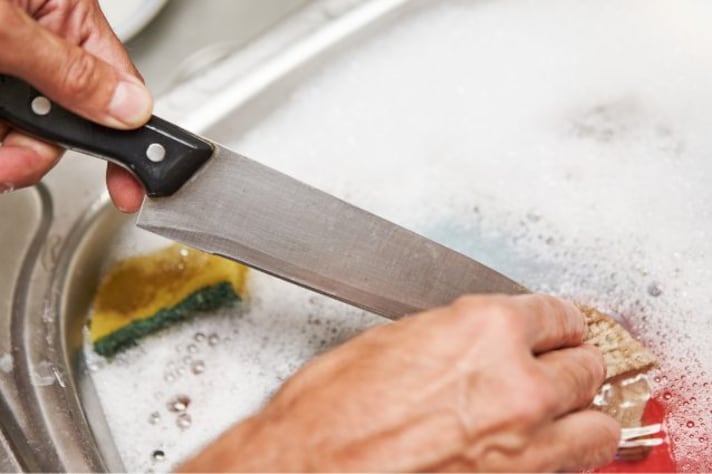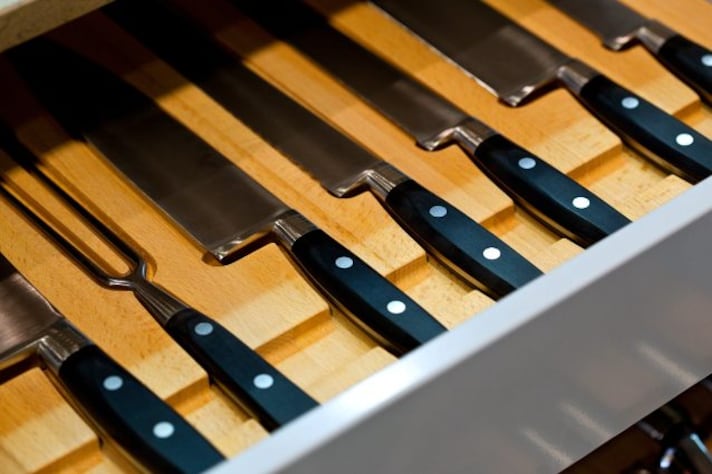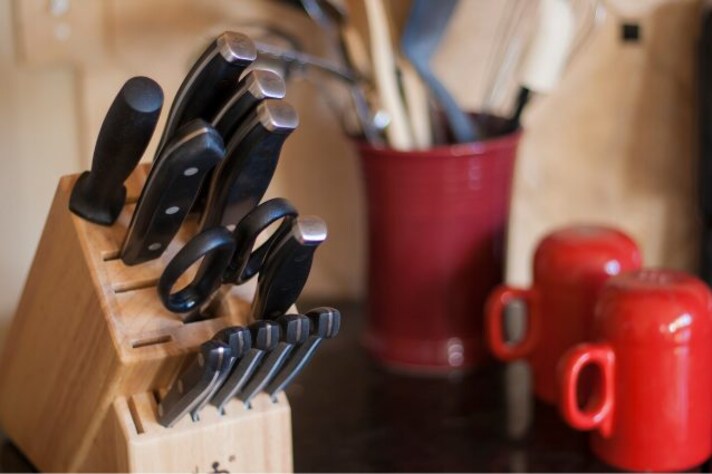Here’s the 5 Mistakes You Should Never Make When Cleaning Your Knives and Why
Avoid common knife-cleaning mistakes to keep blades sharp and safe: 1) Hand wash, don't use a dishwasher. 2) Avoid soaking in water to prevent rust. 3) Use soft sponges, not abrasive scrubbers. 4) Store in blocks or on magnetic strips, not loosely in drawers. 5) Clean handles thoroughly, especially if wooden. Proper care extends the life and effectiveness of your kitchen knives.

Sharp knives are indispensable in any kitchen, offering precision and safety in cutting tasks. Keeping knives sharp and well-maintained not only ensures efficiency but also prevents accidents. Proper cleaning is crucial to maintaining the quality and sharpness of your knives; however, many inadvertently damage their knives during cleaning. To help you keep your blades in top condition, we've highlighted some common mistakes and how to avoid them.
1. Never Put Knives in the Dishwasher

Many assume that knives can be cleaned in the dishwasher just like other kitchen utensils. However, the harsh environment inside a dishwasher—high heat, moisture, and potent detergents—can dull the blade, corrode the metal, and damage the handle. Always wash knives by hand with mild dish soap and warm water. Use a soft sponge or cloth to gently clean the blade and handle, then immediately dry with a towel to prevent water spots and rust.
2. Never Soak Knives in the Sink

Soaking knives in the sink might seem like a good idea to loosen food particles, but prolonged exposure to water can lead to rust and handle damage. Additionally, submerged knives pose a hidden danger, increasing the risk of accidental cuts. Instead of soaking, promptly rinse knives under warm water after use. If food residue is stubborn, gently wipe it off with a dishcloth while the knife is under running water, then dry immediately.
3. Never Use Abrasive Scrubbers or Steel Wool

Scrubbing knives with abrasive materials like steel wool can create scratches and remove the fine edge of the blade, diminishing its sharpness and effectiveness. Use a non-abrasive sponge or a soft dishcloth when cleaning your knives. For stuck-on food, let warm water run over the blade then gently scrub with a softer tool. This approach protects the blade's finish and sharpness.
4. Never Store Knives Loosely in a Drawer

Tossing knives into a kitchen drawer without proper storage leads to scratches and quicker dulling of the blade as they bump against other utensils. Store knives in a knife block, on a magnetic strip, or in protective sleeves. These storage solutions keep knives secure and separate, preserving their sharpness and preventing damage.
5. Never Ignore the Handle

Focusing solely on the blade and neglecting the handle during cleaning can cause buildup of grime and degradation of materials, especially in knives with wood or composite handles. Clean the handle with the same care as the blade. If wooden, occasionally rub it with mineral oil after cleaning to maintain its condition. Always ensure the entire knife is dry before storing.
;Resize,width=767;)



